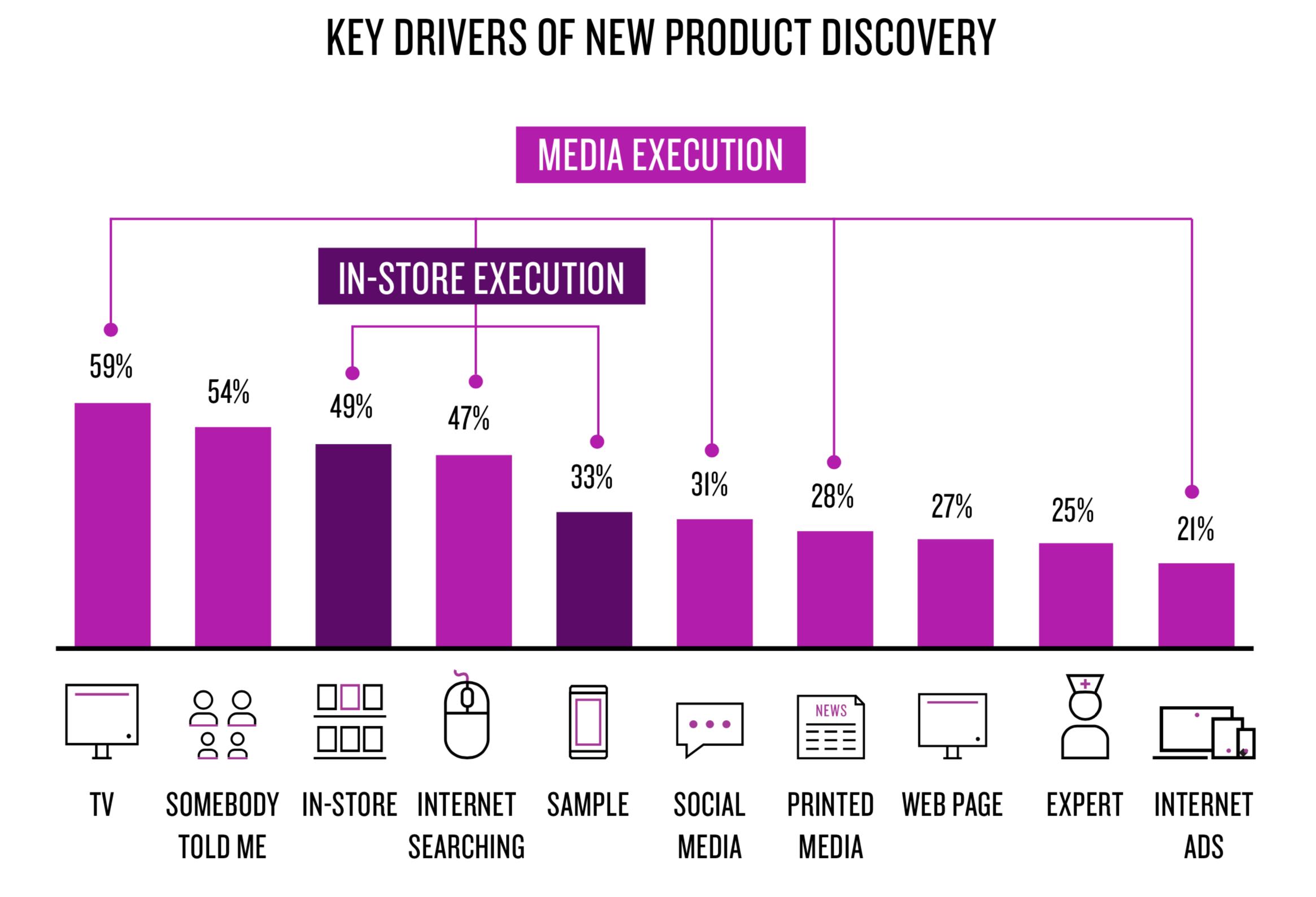Between 80-90% of consumers in Latin America cite water pollution, water shortages, air pollution and packaging and food waste as key environmental concerns, according to The Conference Board's Global Consumer Confidence Survey, conducted in Q2 2017 in partnership with Nielsen. This compared to between 70-85% in Asia-Pacific and Africa and the Middle East and less than 70% in both North America and Europe.
Latin America also ranked highest in the world for consumers that believed it was “extremely or very important” companies implemented programs to improve the environment, with 94% citing so . This compared to 88% in Africa and the Middle East; 83% in Asia Pacific; 69% in North America and 68% in Europe.
Nielsen said:“Regions that are rife with emerging market consumers – many of whom are dealing with environmental hazards in their everyday lives – show higher expectations than developed markets. In search of better solutions, it's no surprise that these consumers are more demanding of companies.”
Young wisdom?
The survey also highlighted differing strengths of opinion according to age. Data from the survey showed expectations that companies implemented pro-environment programs were highest among Millennials (aged 21-34) at 85%, closely followed by Generation Z (aged 15-20) at 80% and Generation X (aged 35-49) at 79%.
Fabiola de la Portilla, management director for thought leadership and knowledge for global markets at Nielsen, said age was an important factor in consumer sentiment and a key reason for trends observed in Latin America.
“Latin America is one of the regions with the highest rate of youth population in the world. Millennials are a generation with a greater concern for environmental issues, who, mostly, have easy access to technology - looking for information online, viewing and sharing viral content on Facebook, Instagram, and Youtube, among others,” De La Portilla told FoodNavigator-LATAM.
“A few years ago, it was not easy to see the impact that the use of plastic had on the oceans, but now, with new media, you can see it at the reach of a click.”
Colombia concerns highest
Interestingly, De La Portilla said a breakdown of consumer data by Latin American countries showed most significant environmental concerns were found in Colombia.
Consumer response from this country indicated that 71% believed it was extremely important companies implemented pro-environmental programs and 59% would definitely change their consumption habits to reduce their impact on the environment – the highest percentage in Latin America. Concerns around air pollution were also highest in Columbia, she said.
This awareness among consumers in Latin America and, in particular, Columbia was also translating to action, De La Portilla said.
Just over one-third of consumers in Columbia said they would be willing to give up variety or range in order to buy environmentally friendly products and 60% said they were willing to give up a brand.
“The above data confirm that there is a greater sensitivity to consumer products that do not have a negative impact on the environment, and probably these numbers will continue to rise over time and companies continue to seek to adapt to these new dynamics,” she said.
Nielsen said whilst corporate responsibility and sustainability strategies could take on many different shapes, one thing was clear: consumers were using spending power to effect the change they wanted to see and companies had to embrace this.
Regan Leggett, executive director of thought leadership and foresight for global markets at Nielsen, said: “Sustainability has become an urgent opportunity for companies to connect with consumers who are excited about change.”



